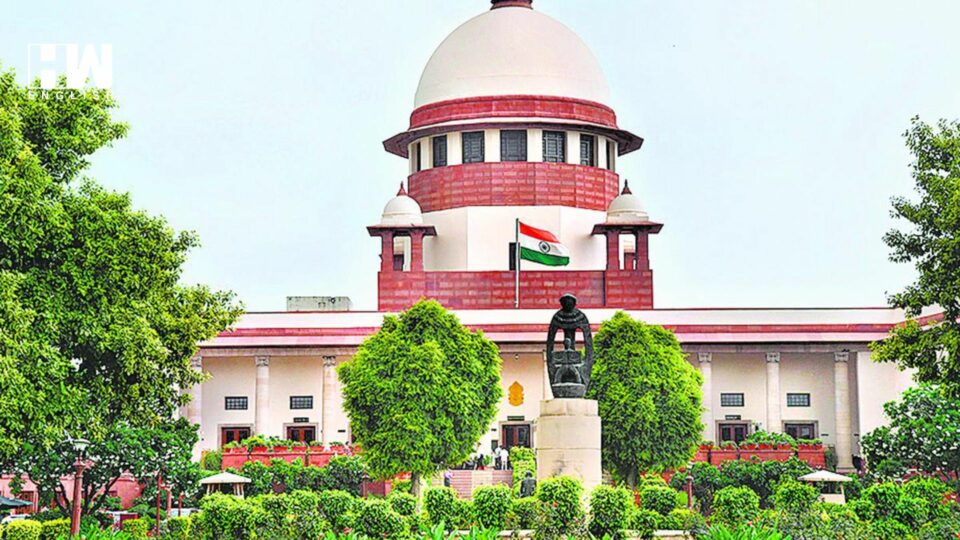The Supreme Court, in a landmark judgment on Thursday, May 16, held that the Enforcement Directorate (ED) and its officers cannot arrest an accused under Section 19 of the Prevention of Money Laundering Act (PMLA) after the Special Court has taken cognizance of the complaint of money laundering.
According to live law reports, The bench of Justices Abhay S Oka and Ujjal Bhuyan added that if the ED wants custody of such an accused, then it would have to apply to the special court.
The Bench said, “After cognizance is taken of the offence punishable under Section 4 of the PMLA based on a complaint under Section 44, the ED and its officers are powerless to exercise powers under Section 19 to arrest the person shown as accused in the complaint. Suppose the ED wants custody of the accused who appears after service of summons for conducting further investigation of the same offence. In that case, the ED will have to seek custody of the accused by applying to the Special Court. After hearing the accused, the Special Court must pass an order on the application after recording brief reasons. While hearing the application, the Court may permit custody only if it is satisfied that custodial interrogation is required even though the accused was never arrested under Section 19,”
According to Bar and Bench reports, the verdict was delivered in a case addressing whether an accused in a money laundering case has to meet the stringent twin test for bail, even when the special court takes cognizance of the offence.
The Supreme Court’s decision, reserved since April 30, clarifies whether an accused who was not arrested during the investigation under PMLA would still be subject to the law’s bail conditions upon appearing before the court after the trial court acknowledges the ED complaint and summons the individual.
The case stems from a Punjab and Haryana High Court decision denying pre-arrest bail to several individuals implicated in a money laundering case related to an alleged land scam involving revenue officials. In response, the Supreme Court granted interim protection to the accused in January.
During the hearings, Justice Oka raised a critical point, noting that the ED cannot arrest a person once the complaint has been filed. This observation brought into focus whether an accused can seek bail under the more lenient provisions of the Code of Criminal Procedure (CrPC) after being summoned by the special court under the PMLA.
The legal debate hinges on the Supreme Court’s 2017 ruling that struck down Section 45(1) of the PMLA. This section had imposed additional conditions for granting bail to those accused of money laundering. Although the Centre subsequently amended and reinstated this provision, its applicability remains contentious.
As an independent media platform, we do not take advertisements from governments and corporate houses. It is you, our readers, who have supported us on our journey to do honest and unbiased journalism. Please contribute, so that we can continue to do the same in future.

